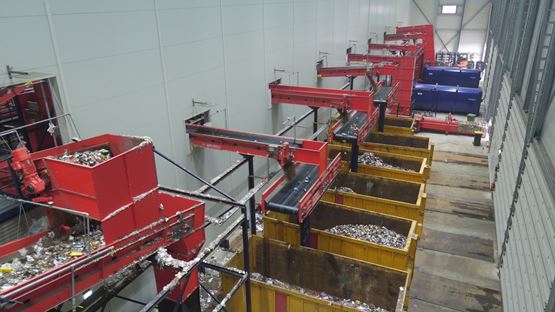
Recycling
Our society is facing the challenge of dealing with raw materials in a more economic and responsible way. This means that we have to be smarter with waste in order to maximise the recovery of raw materials. This has consequences for the way we look at waste. We process residual waste from residents of Amsterdam and a large number of other municipalities in the area.
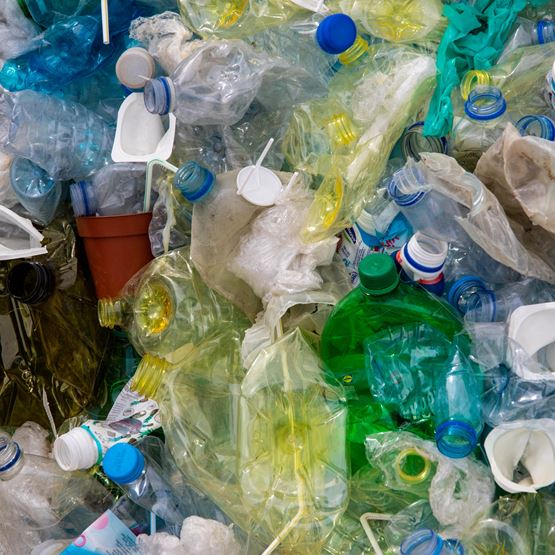
Plastics
Our separation plant is able to remove as many plastics as possible from the waste stream. We extract over 80 kilos of plastics from every tonne of waste. These raw materials are then processed into granulate and given a new life.
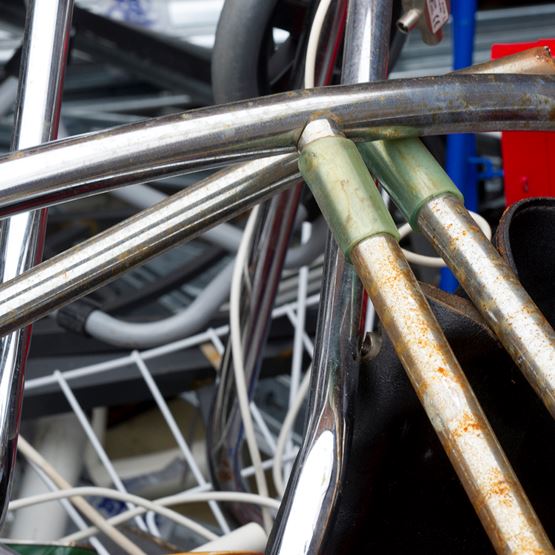
Metals
Metals such as copper, zinc and aluminium are remelted and reused as raw materials. As a result, fewer natural resources are affected. Approximately 16 kg of iron and 3 kg of metals are recovered from each tonne of waste. Some of the metals are recovered from the bottom ash after incineration.
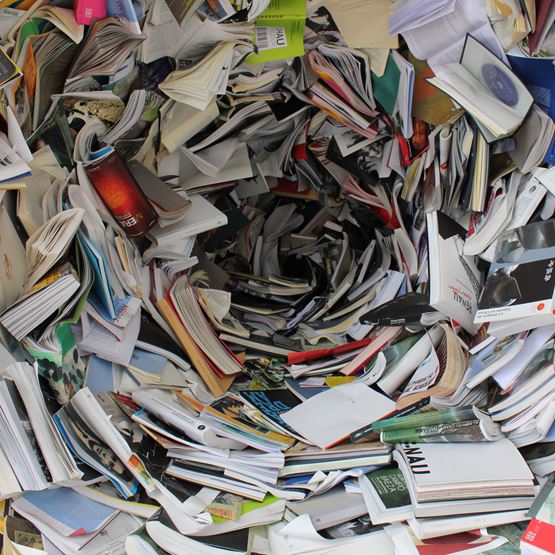
Paper
Paper is already collected separately in many municipalities. Nevertheless, a lot of paper still disappears into the residual waste. Per tonne, we remove approximately 9 kilos of waste paper and cardboard from what is made suitable for reuse.
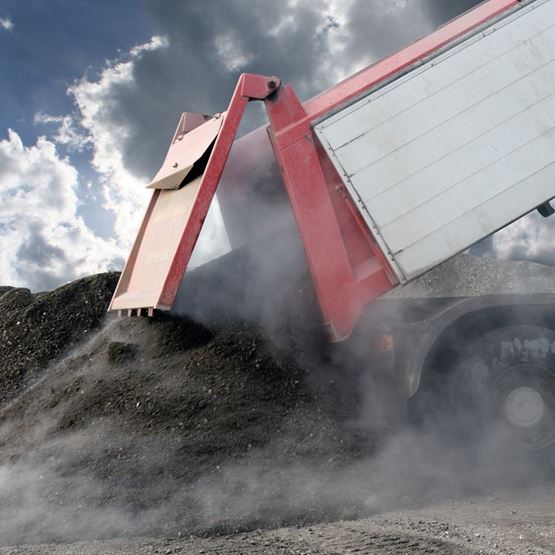
Building materials
After incineration, approximately 200 kg of bottom ash per tonne of waste remains. If these are used instead of sand when building motorways, they reduce costs by around 30%.
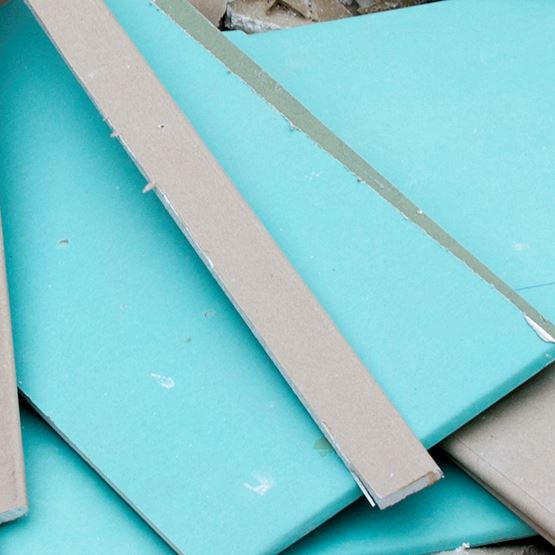
Gypsum
When cleaning the flue gases, gypsum is recovered, approximately 4.5 kg per tonne of waste treated. This can be reprocessed for example into new gypsum boards for use in construction.
